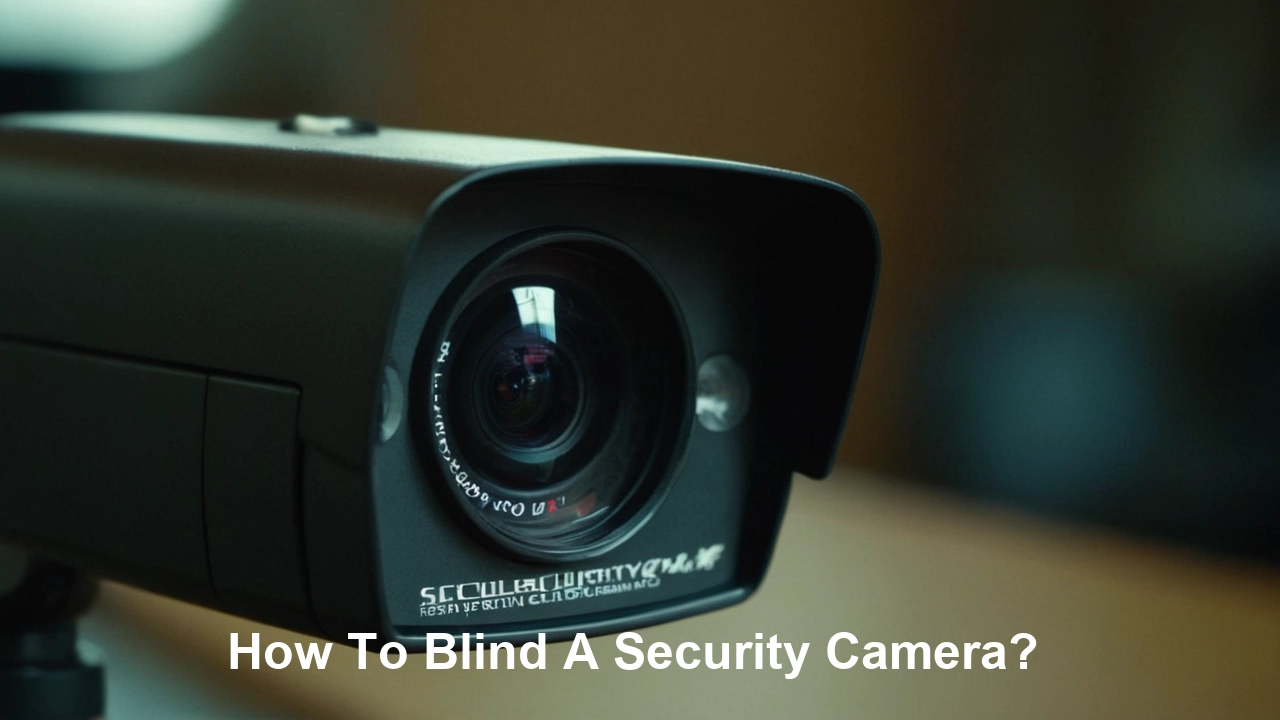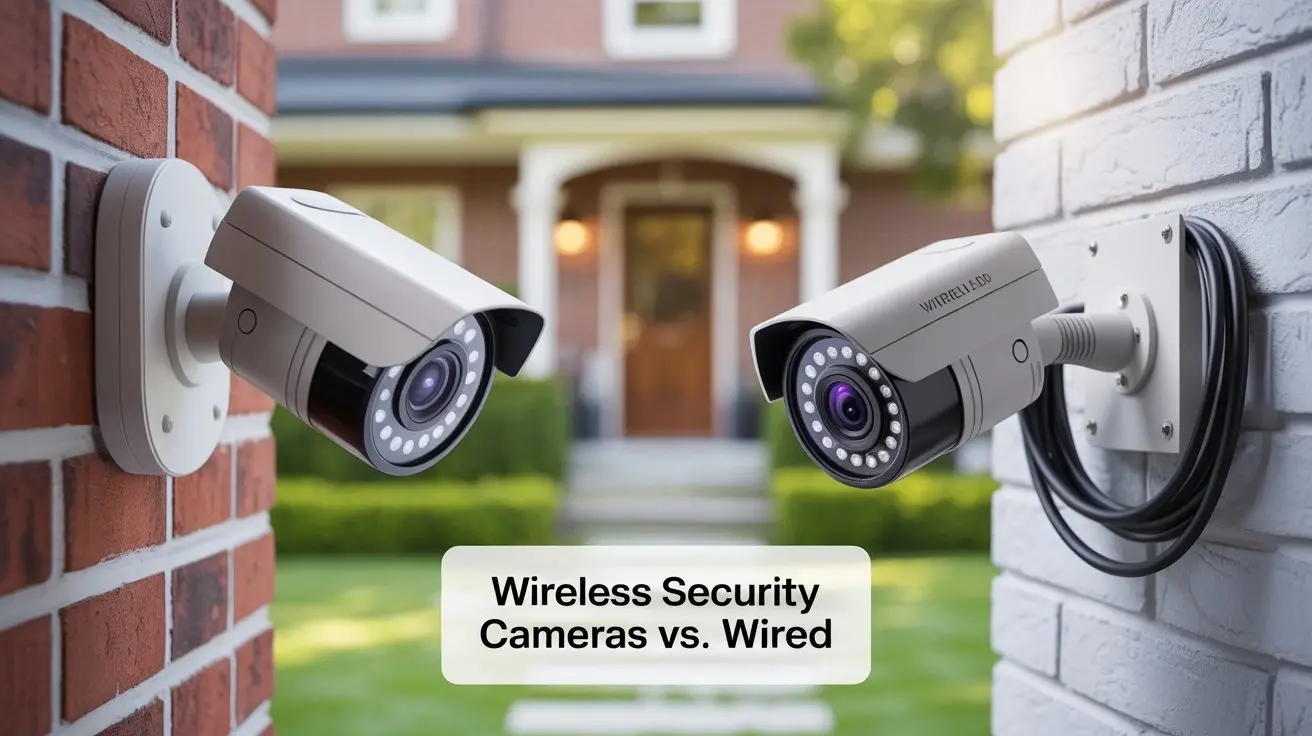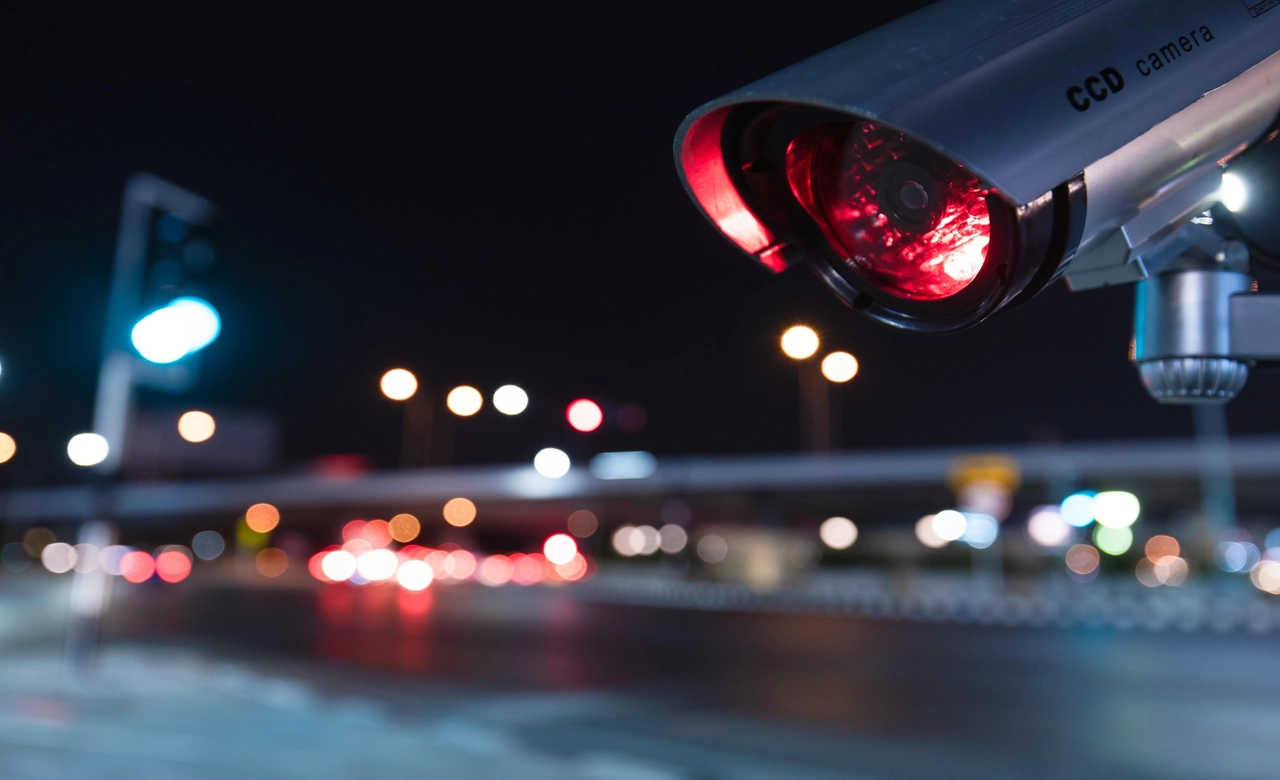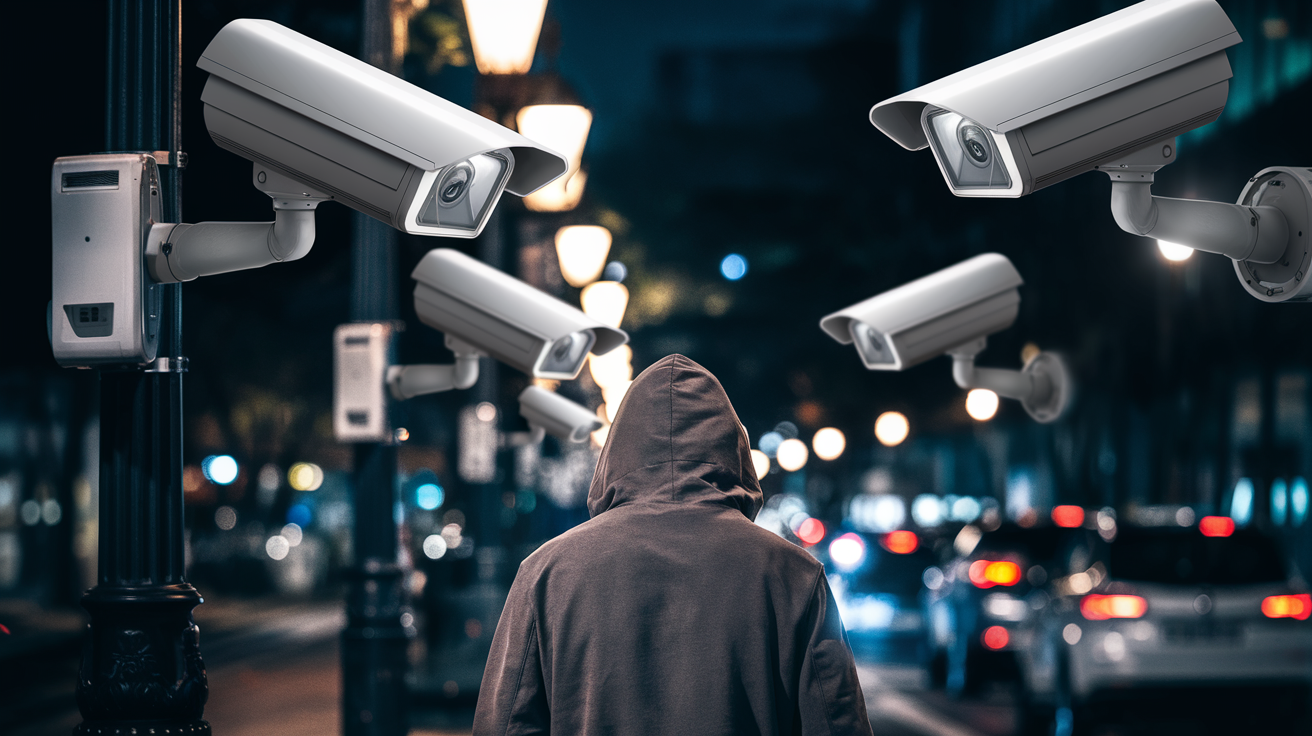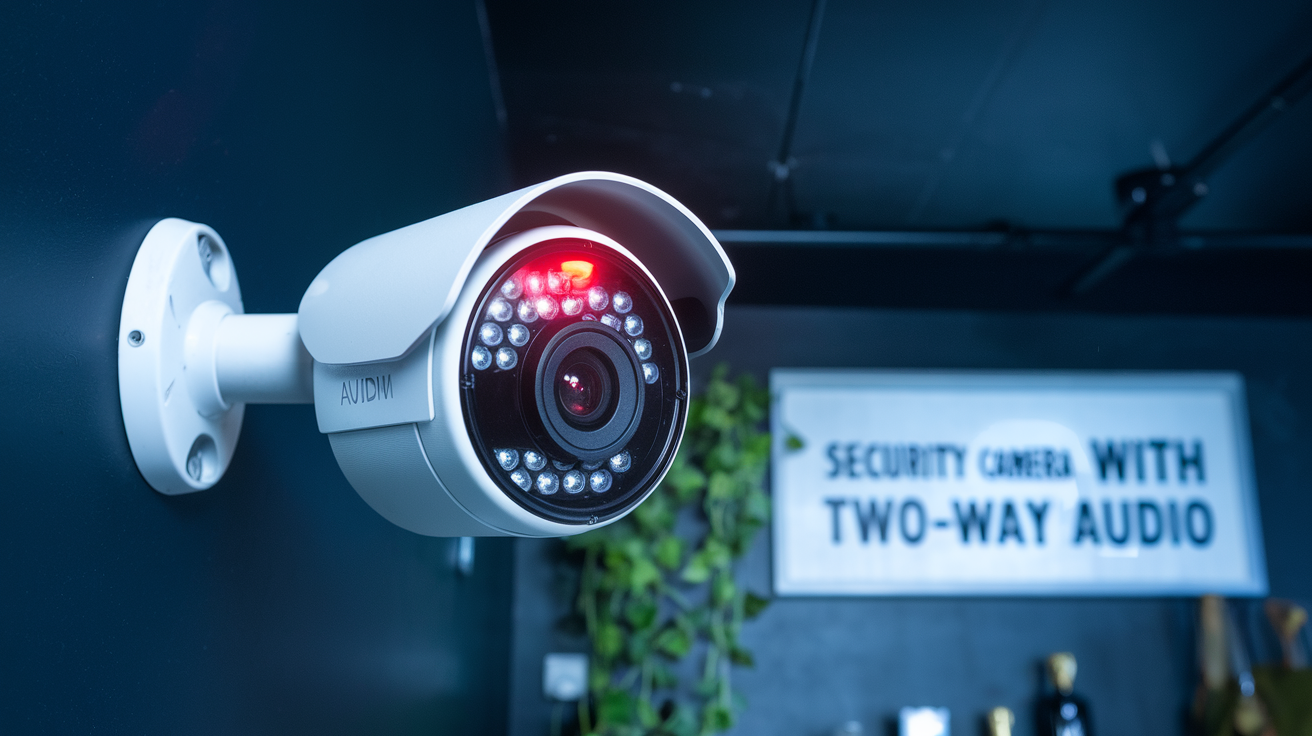Security Camera Pricing: How Much Do They Cost?
Security cameras are one of the most sought after home and business security solutions in the market. Security cameras can be of vary kinds, and cost a lot of money and also just a few bucks depending on the type that is available for sale. This article will offer a comprehensive guide to security cameras, including security camera options, and security camera prices.
The simplest security cameras are the wired ones and are designed solely for the purpose of recording the surveillance videos. These cameras are connected directly to a recording device and a recording storage media via coaxial or Cat5 cable. The wired cameras are cheaper than the wireless ones and can be bought for as low as $100 for a basic model. Wired cameras that offer better video quality, have a strong housing that can withstand different weathers among other features can cost up to several hundred dollars.
Wireless security cameras are easy to install since you do not need to fix cables all over the place. Wireless camera prices begin from $100 to $200 for the basic models. Wireless security cameras also come in all shapes and sizes and differ in the capabilities and the quality of the video. Additional features such as high-definition 1080p resolution, motion detection alerts, night vision, remote monitoring, and mobile app access contribute to the total cost. Wireless security cameras for use outside are commonly more costly due to use of enclosures and other hardware that have to endure the weather conditions. Wireless security cameras with better tiers of wireless security that provide cloud storage as well as video monitoring, may go for as high as $200-$500 or even more. Wireless cameras with battery facility can be purchased for $80-$250 per camera. However, some disadvantages include low picture quality and battery issues that may require recharging or replacement frequently.
Spy cameras are wire less cameras which are portable and can be easily hidden and used in recording images and videos. Although, the quality of the videos is not as clear as those recorded in visible security cameras, spy cameras are much smaller in size, with everyday objects as their covers. Spy cameras can cost as little as $30 for the basic model up to $300+ for models capable of providing more advanced recording options as well as remote control of the camera.
There is no doubt that doorbell cameras have become one of the most trending home devices in the recent past. As the name suggests, these cameras work in conjunction with your doorbell and the entryway to allow for video surveillance as well as a two-way talk feature when the doorbell is pressed. Basic models of the doorbell cameras are available at $100, but when you’re looking for many features, the price rises to $250.
Network or NVR camera systems are the next level of surveillance that are programs where multiple cameras are connected to a network video recording system and interface. Some of the extra options that cannot be implemented in the basic DVR systems are motion detection, alerts, recording in high definition, and remote view and access anywhere anytime through your iPhone or Android gadget. Multi-camera NVR systems are offered as bundled sets with different cameras and hardware. Multi-camera NVR systems are sold as kits with various types of cameras and equipment. Beginning NVR systems that can accommodate up to four cameras may cost between $400-$700 in the market. If one requires six cameras or eight, with storage and smart detection features that are slightly beyond those of the typical system, then one could be hunting for products that range from $1000 to $3500 and above.
CCTV systems are to NVR cameras what camera networks are to large-scale, high-risk security operations. These appear to have more ruggedised commercial cameras, extensive cable installations, and dedicated large capacity DVR recording devices designed for continuous operation with cybersecurity data safeguards. Several hundreds of cameras with smart software for the intelligent processing of the captured images may be needed for operation in commercial facilities, factories, distribution centers, and facilities of other critical infrastructure. Professional CCTV systems can easily run to tens of thousands depending on the cameras to be used, components and installation needs.
What Influences the Cost of Security Cameras
There are several key factors that determine how much you will pay for a security camera or full-on surveillance system:There are several key factors that determine how much you will pay for a security camera or full-on surveillance system:
Camera Type and Features – Basic visible light cameras are significantly cheaper compared to the cameras that have Infrared night vision, weather resistant enclosures for outdoor installation, high definition recording and storage, compatibility with a companion application to access the camera remotely, and integrated video analytics capabilities. The basic and advanced features have to be compared to decide what ones fit into the budget.
Wired vs Wireless – In general, wired security cameras are cheaper as they utilize simple coaxial cable instead of WiFi and/or cellular connectivity modules. However, wired cameras are limited in placement due to cables and installation constraints. The wireless cameras are slightly expensive but allow the camera to be placed anywhere with no limitations and can be remotely viewed.
Number of Cameras – The price increases with the number of cameras in the system due to more devices and larger NVR storage requirements. Work out the differential between basic areas to cover versus more broad surveillance.
Video Storage - Local network recording systems range from 250GB to extremely large multi-servers of terabytes. The newer generations rely on the cloud services that provide streaming storage options and do not include massive equipment at the site. Cloud plans are easy to use but monthly charges result in increased overall costs.
Smart Features – It is the facial recognition, license plate capturing, object and motion detection functionality that smart security camera requires advanced machine vision capabilities. The newest technologies are innovative but tend to cost more. Decide if you need live viewing and video recordings and or step up to intelligent notifications, alerts, and insights from the camera system that is constantly on duty.
Installation – Deciding whether to perform the security camera installation on your own or seeking the services of a professional installer affects the cost. Apart from the machinery, power, human resources, accessories, wires, drilling and man hours push the cost of the project to hundreds if not thousands of dollars.
Ongoing Cost Considerations
This is not the only cost that accompanies the initial purchase of the security system equipment. Depending on your setup and features, other recurring costs may include:Depending on your setup and features, other recurring costs may include:
Cloud storage subscriptions: It will cost about $5-$20 per month per camera. Prices for smart home platforms fees for connectivity Maintenance service charges Such items as software, video analytics or license renewals Replacing batteries for the wireless cameras every 6-12 months If there is a need for system repair or system upgrades in the future
Finding the Balance
The security camera technology of today is simply astounding considering the intelligent recording, detection and remote viewing features it possesses. However, all these features are not free of charge since they are normally developed to be sold in the market. Choosing between a proper setup can be a little tricky and is a trade-off between utility and cost. Accept the fact that the risk factors, necessary coverage and functionality may at times outweigh the convenience of the product. And of course, the fully-fledged CCTV systems that are typically observed in casinos and other security facilities cost a fortune. That said, there are many DIY options out there such as lowly visibility cameras or easy to install video doorbell systems. Thus, deciding on the right security camera system boils down to choosing the features and price that will give you that additional boost of comfort and let you sleep better at night.
